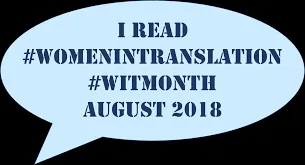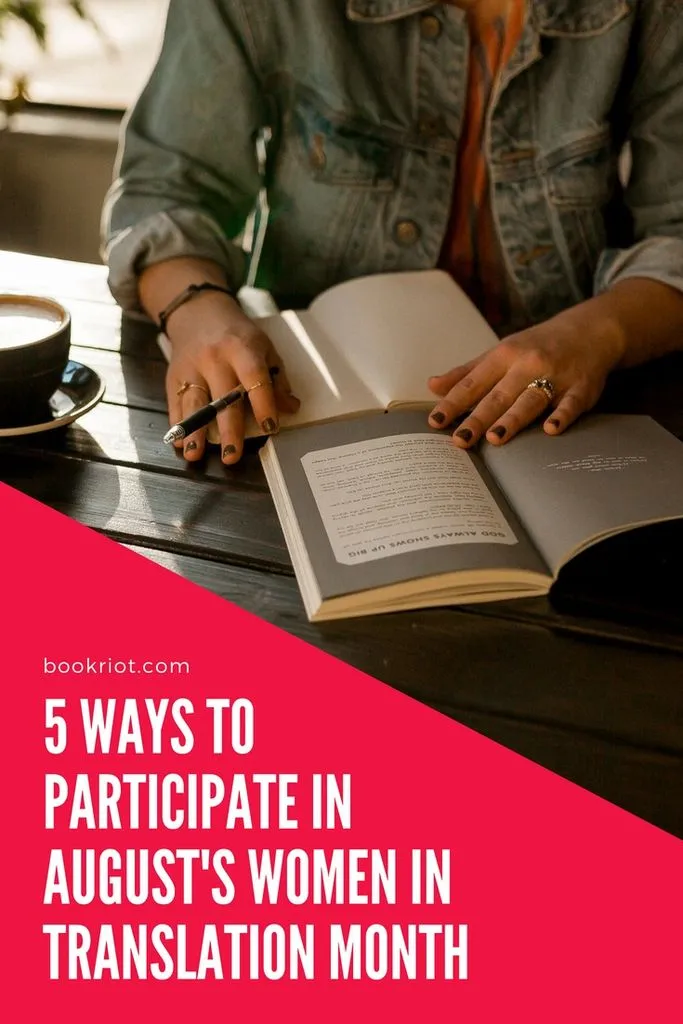
August is Women in Translation Month: 5 Ways to Join
Women in Translation Month was launched in 2014, the brainchild of literary blogger Meytal Radzinski. WITMonth started in response to Radzinski’s observation that only around 30% of books published in translation were by women.
 Since that first year, the month has blossomed and birthed, among other things, the Warwick Prize for Women in Translation.
As in previous years, Radzinski writes, the 2018 goals remain simple: “Read, review, and discuss books by women writers in translation! Support women writers in translation! Try to find solutions for the lack of women writers in translation!”
Last year, Book Riot’s Sarah Ullery blogged about participating in #WITMonth. What else—outside of picking up a book in translation—can you do to join in?
Since that first year, the month has blossomed and birthed, among other things, the Warwick Prize for Women in Translation.
As in previous years, Radzinski writes, the 2018 goals remain simple: “Read, review, and discuss books by women writers in translation! Support women writers in translation! Try to find solutions for the lack of women writers in translation!”
Last year, Book Riot’s Sarah Ullery blogged about participating in #WITMonth. What else—outside of picking up a book in translation—can you do to join in?

 Since that first year, the month has blossomed and birthed, among other things, the Warwick Prize for Women in Translation.
As in previous years, Radzinski writes, the 2018 goals remain simple: “Read, review, and discuss books by women writers in translation! Support women writers in translation! Try to find solutions for the lack of women writers in translation!”
Last year, Book Riot’s Sarah Ullery blogged about participating in #WITMonth. What else—outside of picking up a book in translation—can you do to join in?
Since that first year, the month has blossomed and birthed, among other things, the Warwick Prize for Women in Translation.
As in previous years, Radzinski writes, the 2018 goals remain simple: “Read, review, and discuss books by women writers in translation! Support women writers in translation! Try to find solutions for the lack of women writers in translation!”
Last year, Book Riot’s Sarah Ullery blogged about participating in #WITMonth. What else—outside of picking up a book in translation—can you do to join in?
















